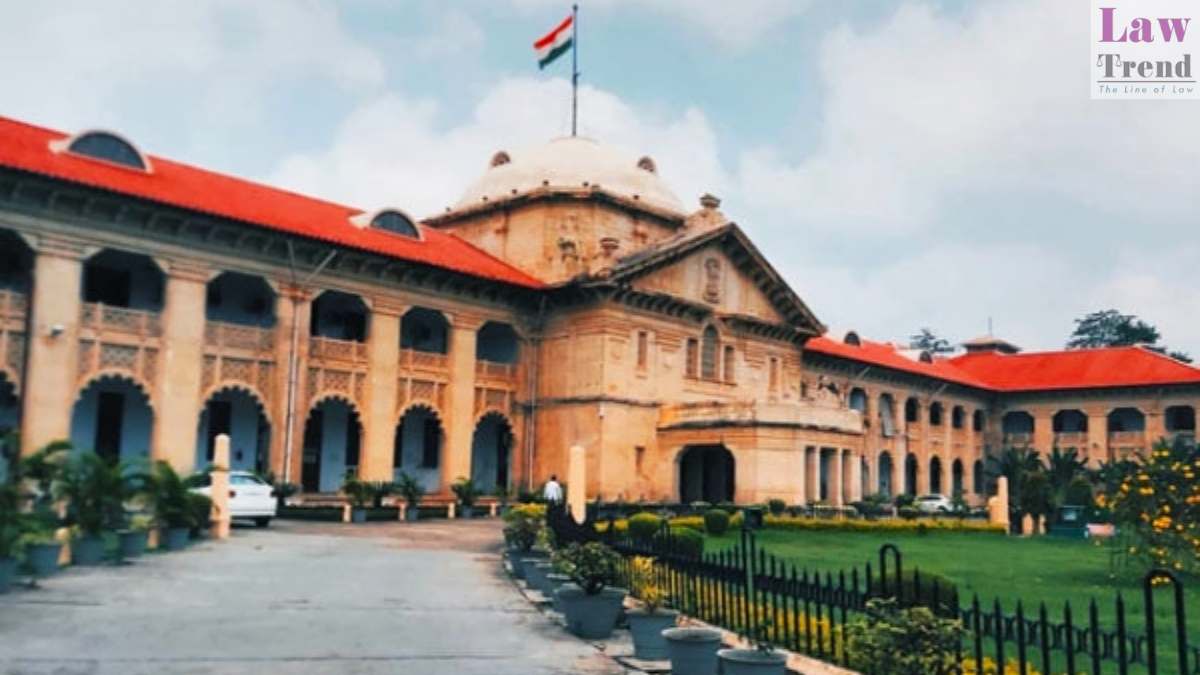-
by Admin
15 February 2026 5:35 AM



Allahabad High Court emphasizes judicial discretion and non-conversion of civil disputes into criminal cases while granting anticipatory bail.
The High Court of Allahabad has granted anticipatory bail to Achchey Lal Jaiswal, a 74-year-old man accused of involvement in a forged will case. The judgment, delivered by Justice Pankaj Bhatia, underscores the principle that civil disputes should not be transformed into criminal cases and highlights the court's discretion under Section 438 of the Cr.P.C. The court emphasized the applicant’s age and the ongoing civil litigation as crucial factors in its decision.
Achchey Lal Jaiswal filed for anticipatory bail under Section 438 of the Cr.P.C., fearing arrest in relation to FIR No.298 of 2023. The FIR was lodged by the informant, alleging that Jaiswal and others forged a will in 2019, which named the applicant and his family as heirs to the informant’s mother’s property. The will was contested in a civil suit, where an injunction was granted in favor of the plaintiffs. Subsequently, the FIR was filed, alleging criminal conspiracy and forgery.
Justice Bhatia noted that the dispute stemmed from an ongoing civil litigation, where the informant had already challenged the validity of the will. "Essentially, a civil case is being converted into a criminal case," remarked the court, emphasizing the timing of the FIR after the civil injunction was made final.
The court addressed the state’s objection regarding non-disclosure of previous legal actions by Jaiswal. The applicant had filed a writ petition and an application under Section 482 Cr.P.C., which were not initially disclosed. The court found that this non-disclosure was not sufficient to deny anticipatory bail, distinguishing the statutory powers under Section 438 from the discretionary powers under Article 226.
Justice Bhatia relied heavily on precedents from the Supreme Court, particularly the judgments in Sushila Aggarwal vs. State (NCT of Delhi) and Gurbaksh Singh Sibbia vs. State of Punjab. These cases established that anticipatory bail can be granted irrespective of the offense’s nature unless specifically barred by statute. The court reiterated that the applicant’s age, lack of flight risk, and minimal threat to trial integrity justified the grant of anticipatory bail.
Justice Bhatia observed, "The power to grant anticipatory bail is an extraordinary power. It is not confined to exceptional cases but should be exercised judiciously based on the facts presented." He added, "In the present case, the applicant is a senior citizen with ongoing civil litigation. There is no material to suggest that he poses a flight risk or that his release would adversely affect the trial."
The High Court's decision to grant anticipatory bail to Achchey Lal Jaiswal underscores the judiciary's careful consideration in distinguishing between civil and criminal matters. By allowing bail, the court affirmed the principles of judicial discretion and the necessity of protecting individuals from unwarranted arrests in cases rooted in civil disputes. This judgment sets a significant precedent for similar cases, ensuring that civil litigations are not inappropriately escalated to criminal proceedings.
Date of Decision: July 15, 202
Achchey Lal Jaiswal VS State Of U.P
